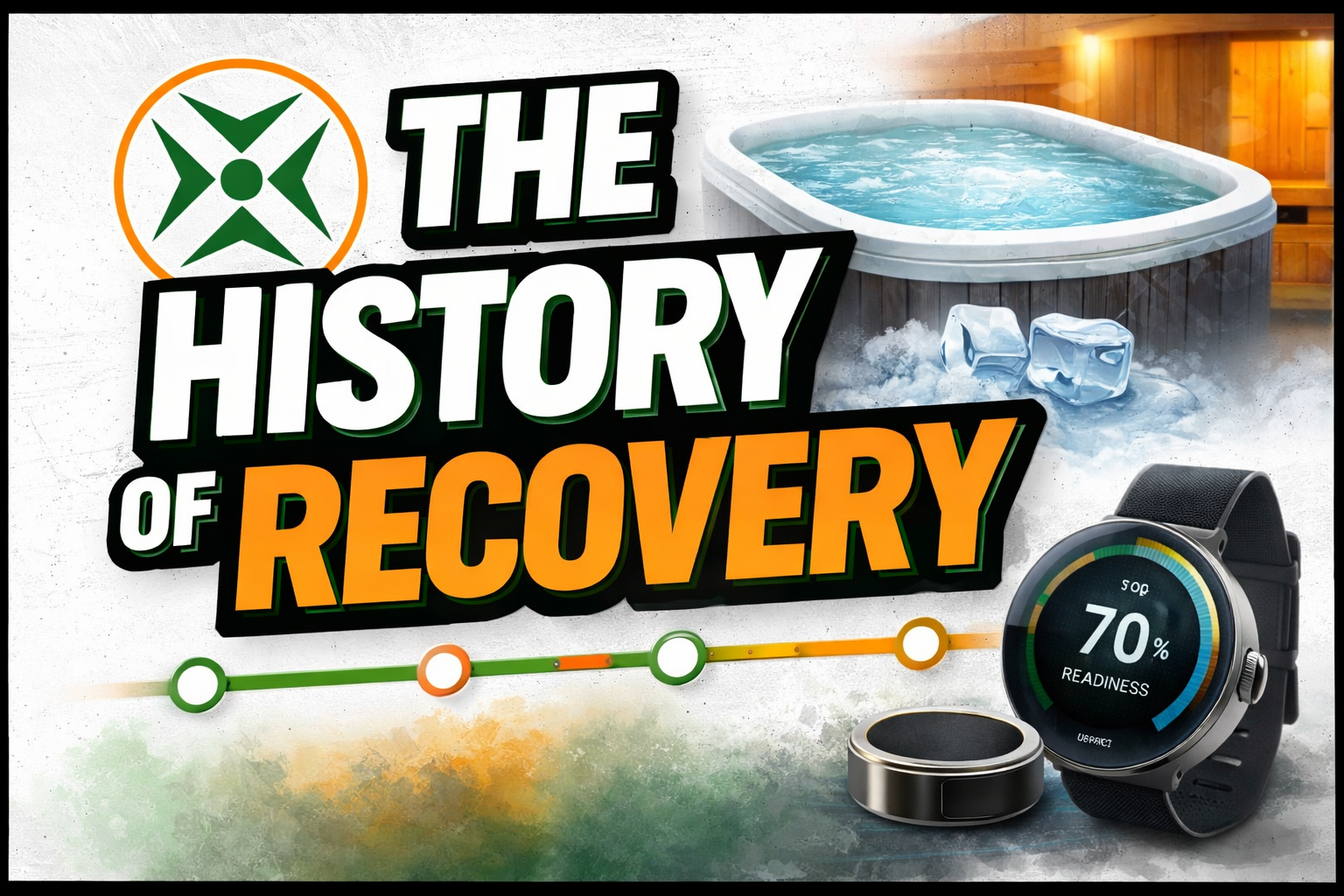Developing Young Leaders: Stress-We Need it To Grow
Developing Young Leaders: Stress-We Need it To Grow
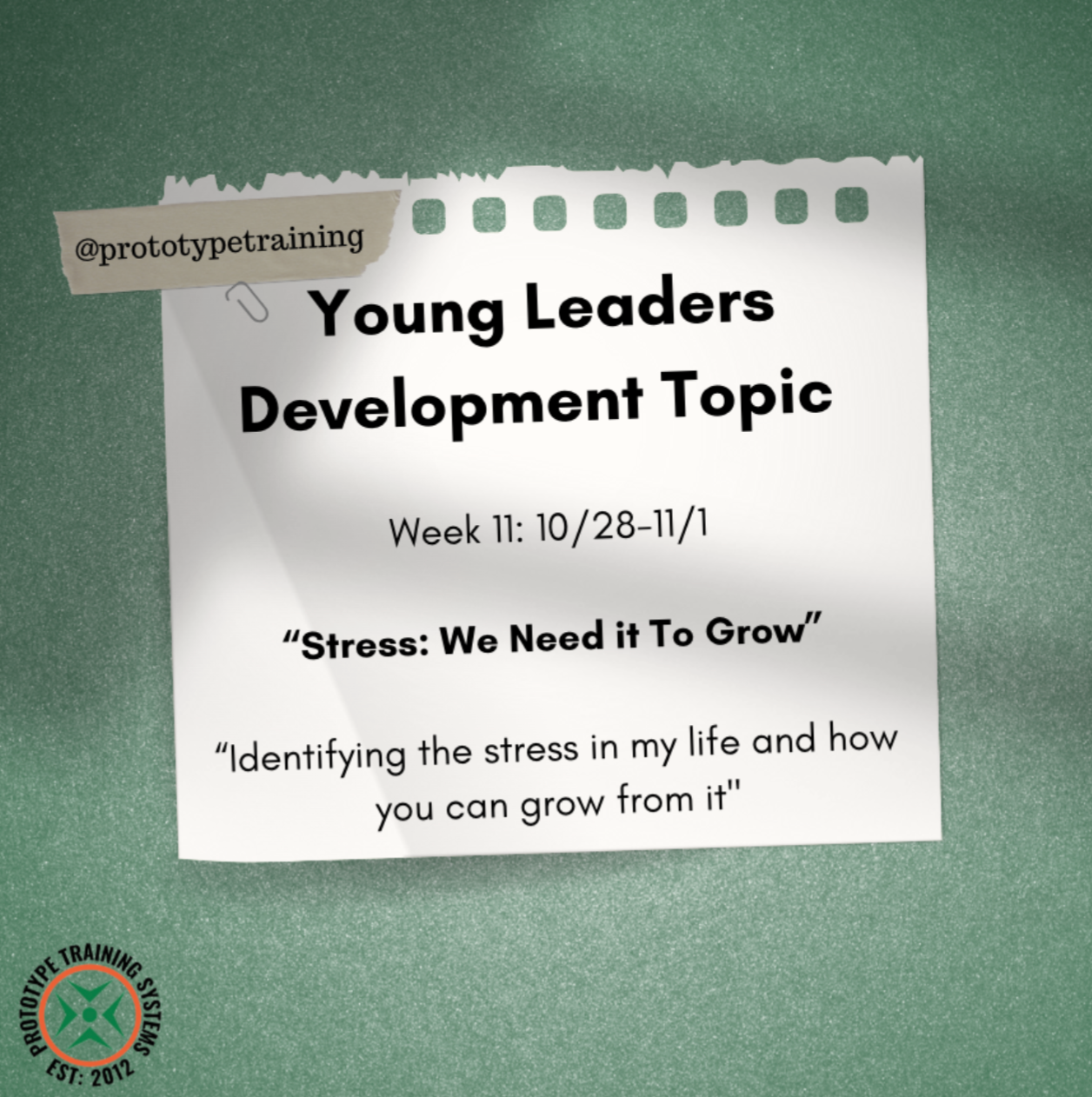
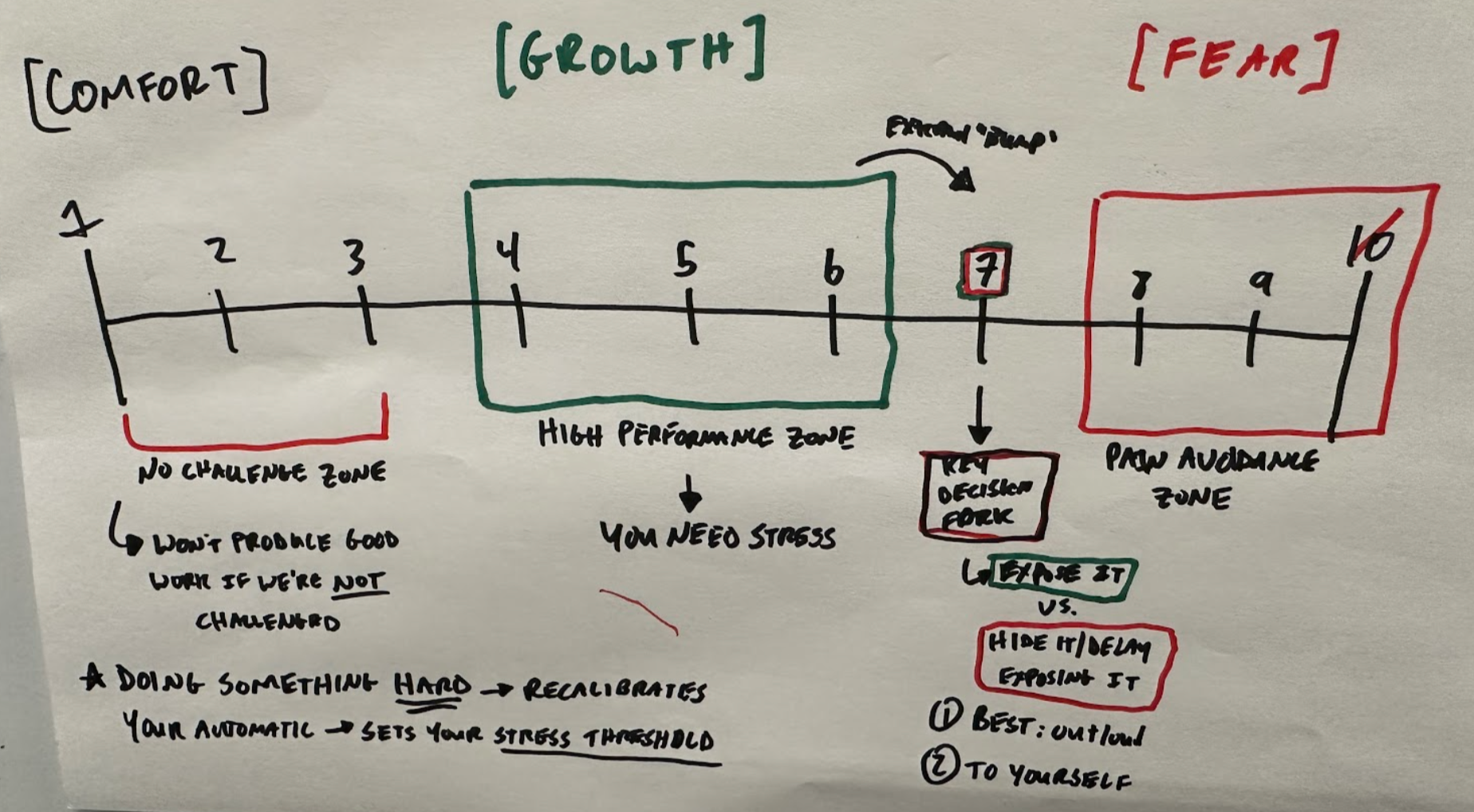
The kids shared some real-life examples of being in the “Fear Zone”:
Making a mistake in a soccer game: “Once I make one mistake, I just think about not wanting to make another, and I end up not wanting the ball again.”
Taking a big test: “I study, but once I get started, I start second-guessing myself. I get in my head and can't focus.”
These examples highlight the importance of identifying where we stand on our stress meter. If we are merely flipping between fear and comfort, we miss opportunities for growth from the stress we encounter. One thing we are working on is recognizing when we face stress and seeing it as an opportunity for development. This understanding was reinforced during the cold plunge, as it provided a fun way for the kids to see this concept in real time.
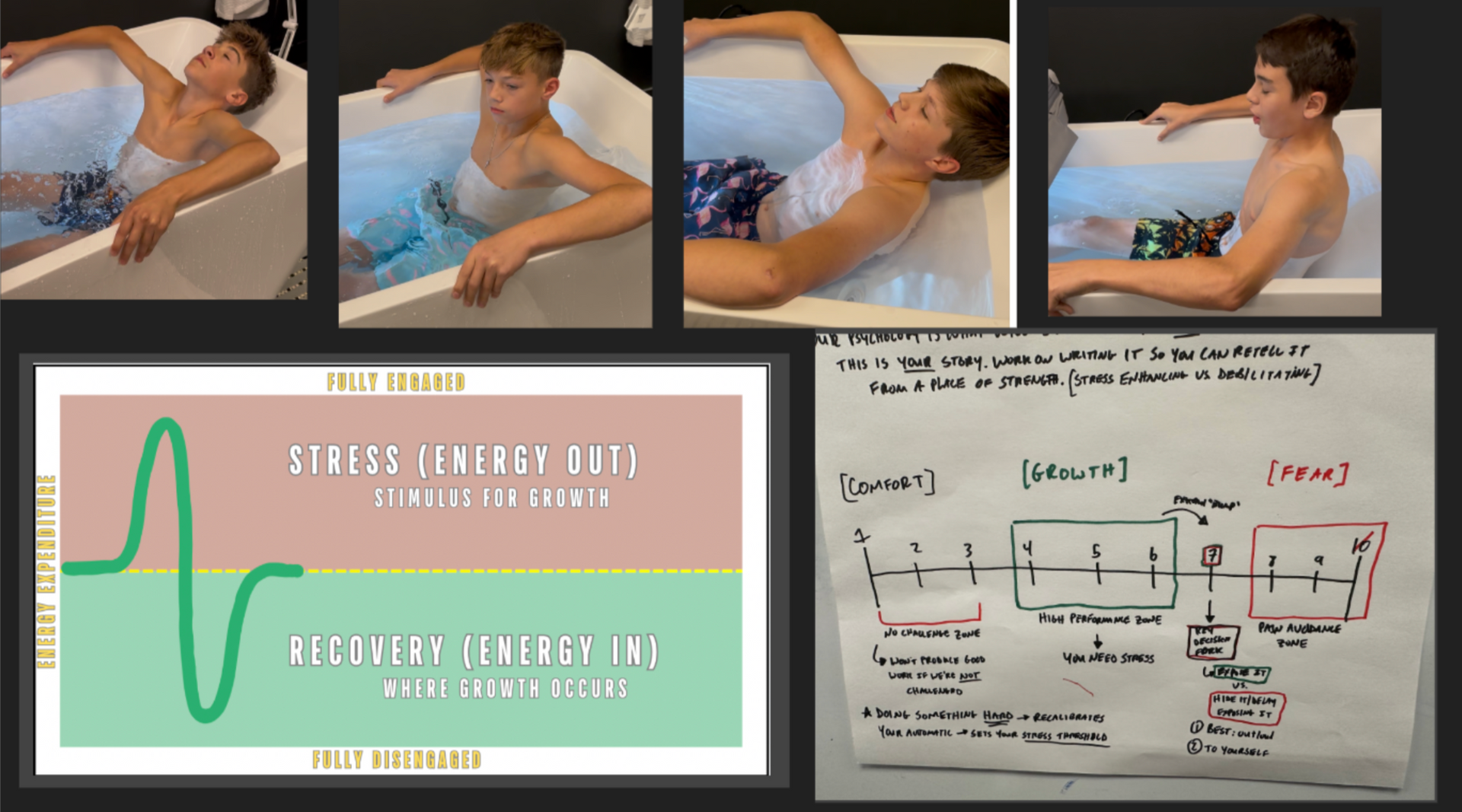
In the past couple of weeks, we’ve hosted two high school girls’ soccer teams, Westborough and Hopkinton, for performance and recovery sessions as they head into the state cup playoffs. This was a great opportunity for team bonding, but we also emphasized that recovery is much more than just resting when muscles are sore—it’s a trainable skill. Proactive recovery involves baking in habits that help you bounce back as quickly as possible.
Waiting until you’re sore to add recovery to your training can be detrimental; the same applies to the mental side of life. If you wait until you’re overwhelmed or overly stressed to focus on recovery, it may be too late. You might not have built the resilience necessary to bounce back swiftly. I believe true resilience isn’t about preventing hard things from happening; it’s about how quickly you can process challenges and recover from them. Stress serves as the stimulus for growth, and recovery is where that growth occurs. Those who can recover faster will experience growth more quickly and won’t get knocked out of the game.
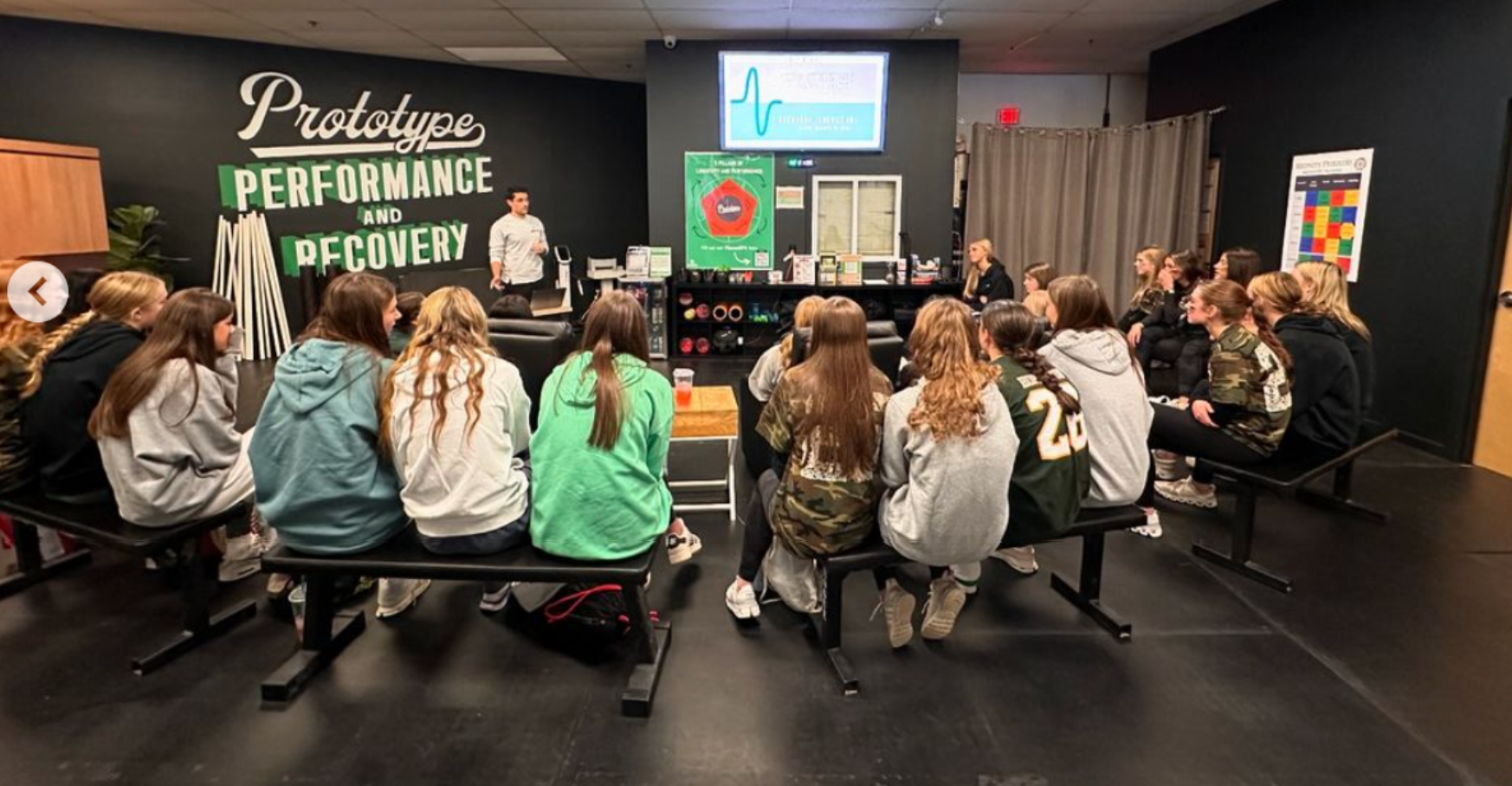
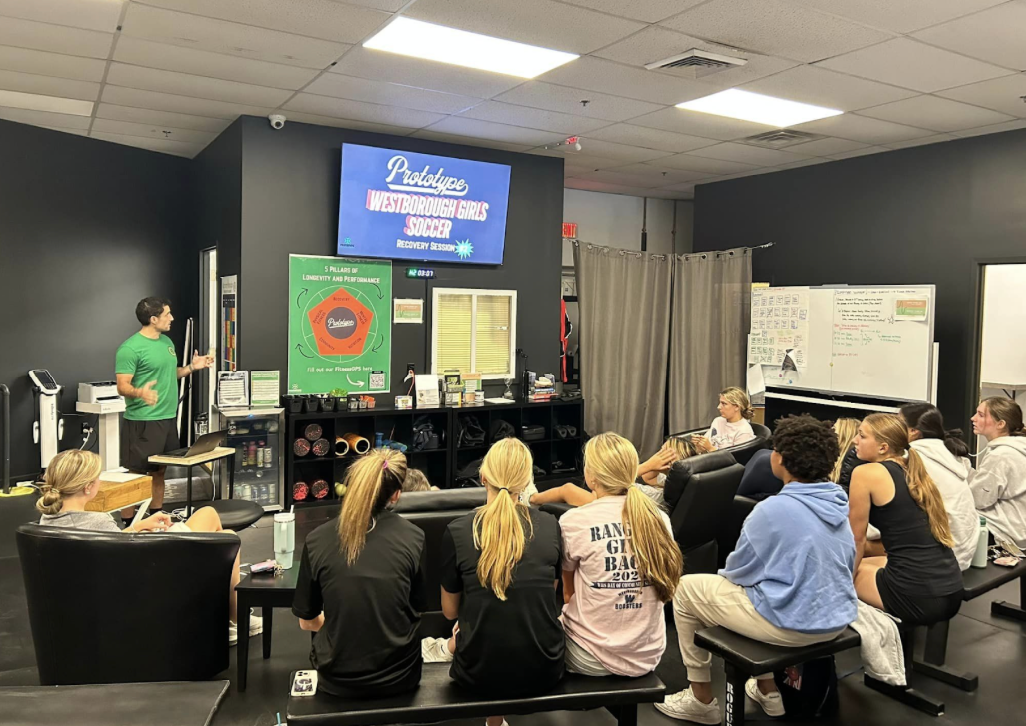
Previous Blogs
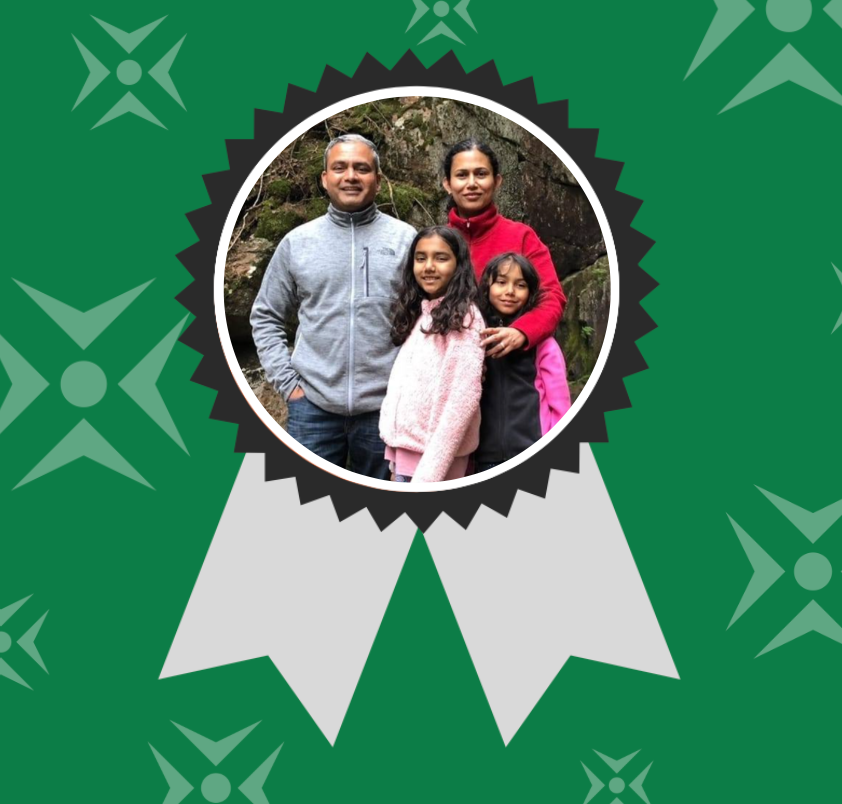

Climb to New Heights
Prototype Training Systems is more than a gym - it is a lifestyle. Join us today!

